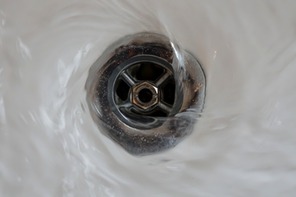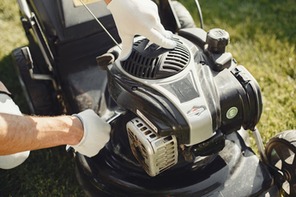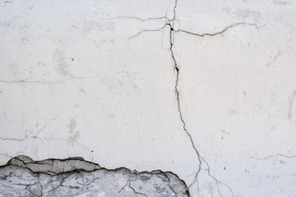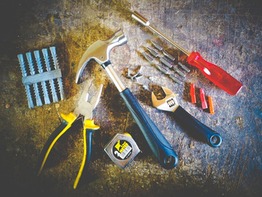- Local.Repair
- Blog
- The Basics of Electrical Repairs: Safety First
The Basics of Electrical Repairs: Safety First

Electrical repairs are a common necessity for homeowners, but they can also be dangerous if not performed properly. Safety should always be the number one priority when working with electricity to avoid the risk of shock, fire, or even death. By understanding the basics of electrical safety, homeowners can protect themselves and their property while making necessary repairs. In this article, we will discuss the importance of electrical safety, how to identify hazards, the tools needed for electrical work, safety precautions to take before starting repairs, and more.
Understanding Electrical Hazards in Home Repairs
Electrical hazards are present in every home, from faulty wiring to damaged outlets. These hazards can cause fires, electrocution, or other serious injuries if not addressed properly. Common signs of electrical hazards include flickering lights, burning smells, and tripped circuit breakers. By understanding these warning signs, homeowners can take action to prevent potentially dangerous situations.
Proper Tools and Equipment for Electrical Work
Before beginning any electrical repair, it is essential to have the right tools and equipment on hand. These may include a voltage tester, wire strippers, pliers, and screwdrivers. Using the correct tools not only makes the repair process easier but also helps prevent accidents and injuries. It is important to use tools that are in good condition and properly insulated to avoid electrical shocks.
Basic Safety Precautions Before Beginning Repairs
Before starting any electrical repair, it is crucial to take safety precautions to protect yourself and others in the home. This may include turning off the power to the area where the repair will take place, wearing safety gear such as gloves and goggles, and ensuring that the work area is clear of any obstructions. By following these basic safety measures, homeowners can reduce the risk of accidents during repairs.
Steps for Safely Handling Electrical Wires
When working with electrical wires, it is important to handle them with care to avoid injury or damage. Always assume that wires are live and treat them accordingly. Use insulated tools when handling wires, and never touch exposed wires with bare hands. Additionally, be sure to secure all wire connections properly to prevent electrical shorts or fires.
Identifying Common Electrical Issues in the Home
There are several common electrical issues that homeowners may encounter, such as faulty outlets, flickering lights, or tripped circuit breakers. These issues can be signs of larger electrical problems that require professional attention. By identifying and addressing these issues promptly, homeowners can prevent more significant damage and ensure the safety of their electrical system.
How to Safely Replace Electrical Outlets and Switches
Replacing electrical outlets and switches is a common DIY electrical repair that homeowners may attempt. However, it is essential to do so safely to avoid injury or damage to the electrical system. Before replacing an outlet or switch, be sure to turn off the power to the area, use insulated tools, and follow manufacturer instructions carefully. When in doubt, it is always best to seek professional help.
Dealing with Circuit Breakers and Fuses Safely
Circuit breakers and fuses play a crucial role in protecting electrical systems from overloads and short circuits. If a circuit breaker trips or a fuse blows, it is essential to address the issue promptly. Before resetting a breaker or replacing a fuse, identify the cause of the problem to prevent it from recurring. Always follow safety guidelines when working with circuit breakers and fuses to prevent electrical hazards.
Importance of Proper Grounding in Electrical Systems
Proper grounding is essential for ensuring the safety and efficiency of an electrical system. Grounding helps prevent electrical shocks and fires by providing a path for stray electrical currents to dissipate harmlessly. If an electrical system is not properly grounded, it can pose serious risks to homeowners. Regularly inspecting and maintaining grounding systems is vital for protecting the home from electrical hazards.
When to Call a Professional Electrician for Repairs
While some electrical repairs can be safely performed by homeowners, certain issues require the expertise of a professional electrician. If you are unsure about how to safely address an electrical problem or if the issue is beyond your knowledge and skills, it is best to call a licensed electrician. Attempting complex electrical repairs without the necessary training or experience can lead to costly mistakes and potentially dangerous situations.
===
In conclusion, electrical safety should always be a top priority when performing home repairs. By understanding electrical hazards, using the right tools, taking safety precautions, and knowing when to seek professional help, homeowners can protect themselves and their property. Remember that a small mistake when working with electricity can have severe consequences, so it is crucial to follow safety guidelines and best practices at all times. By prioritizing safety first, homeowners can avoid accidents and ensure the longevity of their electrical system.




